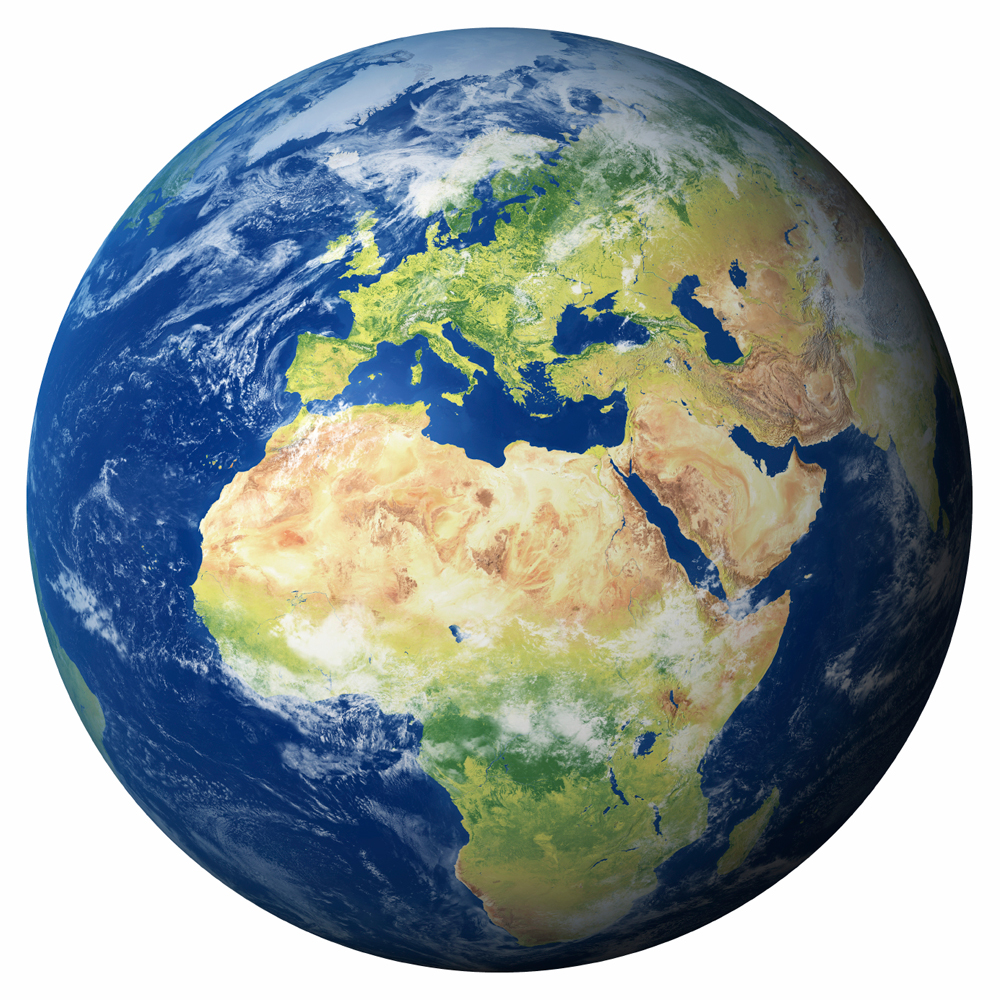There’s only a few days left before the holiday weekend, Meridian Readers. Hang in there. You got this. Now, let’s chat about diplomacy.
Iran slams new US sanctions, says they mean end of diplomacy
Publication: CNBC | From The Associated Press 
- We know we talked about Iran last week, but tensions between the U.S. and the Middle Eastern country haven’t eased.
- On June 24, President Trump hit Iran with new sanctions against Ayatollah Ali Khamenei and his associates. U.S. officials also said they planned sanctions against Iranian Foreign Minister Mohammad Javad Zarif. Yikes.
- Who’s not so thrilled about these targeted sanctions? A lot of people. But especially the Foreign Ministry.
- “The fruitless sanctions on Iran’s leadership and the chief of Iranian diplomacy mean the permanent closure of the road of diplomacy with the frustrated U.S. administration,” Iranian Foreign Ministry spokesman Abbas Mousavi said.
- Washington says the measures, however harsh, were taken to discourage Tehran from developing nuclear weapons and supporting militant groups. They come just a week after Iranian forces downed a $100 million U.S. surveillance drone.
- Wondering what exactly these sanctions do?
- Basically, they deny senior Iranian military figures access to financial resources and block their access to any financial assets they have under U.S. jurisdiction. Ouch.
- What’s next? U.S. National Security Adviser John Bolton says American diplomatic representatives are surging across the Middle East looking for a path to peace, but Iran has been silent in response.
- We’re not sure what’s to come, but we’re pretty sure we aren’t done seeing Iran in the news. Stay tuned.
Did Xi Jinping’s Pyongyang visit restart denuclearization diplomacy?
Publication: The Washington Post | By Carla P. Freeman 
- Chinese President Xi Jinping’s visit to Pyongyang may have breathed new life into diplomacy on North Korean denuclearization. So, that’s good news.
- Since Xi’s visit to Pyongyang, Trump has now responded to a letter sent by Kim Jong Un – which is the most progress this issue has seen since Trump’s failed talks with the North Korean leader in February.
- Here’s the skinny on this:
- The U.S. and China have been locked in an escalating battle over trade and economic policies. Sanctions on North Korea hit Kim loyalists hard… and have further weakened the North Korean economy. The abrupt failure of the Trump-Kim Hanoi summit also blindsided the South Korean leadership and weakened Moon’s political standing at home. Now you’re caught up.
- Xi and Kim concluded their summit June 21 with a commitment to “close strategic communication” and to strengthen cooperation “in every field.” Fingers crossed those promises are held.
How should education be changed to save the environment?
Publication: Blue and Green Tomorrow | By Annie Qureshi
- If you haven’t heard, the environment isn’t doing too great.
- Mongabay author Aditi Tandon states that environmental education must see changes to grow a sustainable future for humanity. Word.
- Here are some ideas from environmental experts on ways to change education to benefit the Earth:
- Students need to have a cap on how long they’re indoors each day. Excessive indoor staying detaches children from the beauty of nature, making it undervalued.
 Lessons need to be entertaining and catered to student’s interests.
Lessons need to be entertaining and catered to student’s interests.- Invest time in the educational process of forming fixed habits and attitudes to the environment, aimed at defending its future well-being.
- Biggest takeaway? If educators can instill in the next generation the importance of caring for the environment, the Earth might just be okay.















